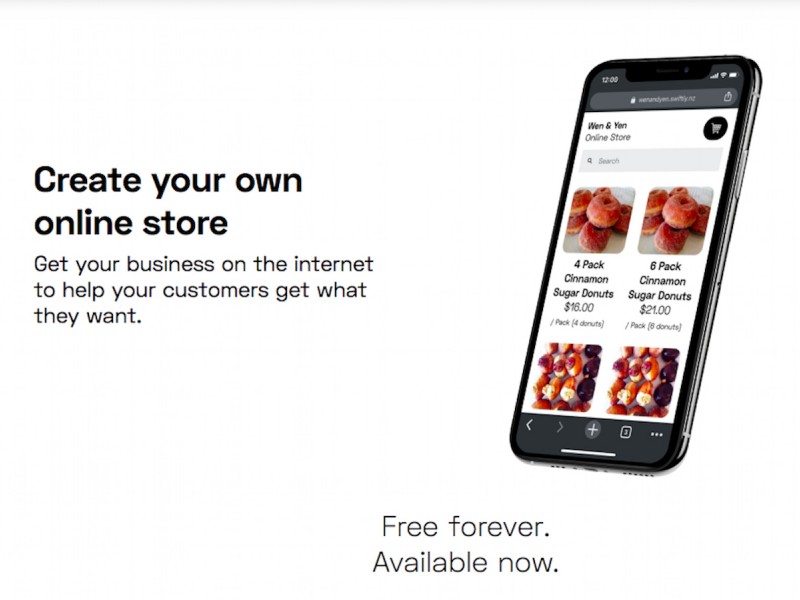Last weekend 'Hack The Crisis NZ' took place online with close to 1000 Kiwis taking part. The digital event was a collaborative effort from a number of start-up networks to encourage an active virtual response to the challenges of the COVID-19 pandemic.
One of the fan favourites of the competition, Swiftly.nz, produced a lifeline for small businesses struggling to get by in lockdown. Their team of IT-focused trio Matt Weston, Walter Lim and William Seagar, is based in Auckland.
Swiftly is a simple online storefront which can be set up in as little as 10 minutes and requires no online experience or knowledge. The digital shop front provides small businesses with the ability to quickly start selling to their local customer base once the nationwide lockdown drops to level 3.
The service is offered for free as it doesn't use an integrated payment system, which means that it is the business' responsibility to organise payment methods.
"Swiftly may not be the 'right solution' forever, but it's a great right now solution," the developers said.
"We made Swiftly free because we believe it’s the right thing to do - the last thing small businesses need right now is another barrier they have to overcome to get stuff out the door. This is something that we can do to help, so we’re doing it."
The team is working tirelessly to improve service, looking to add more features such as a delivery option in addition to the existing 'click and collect'.


